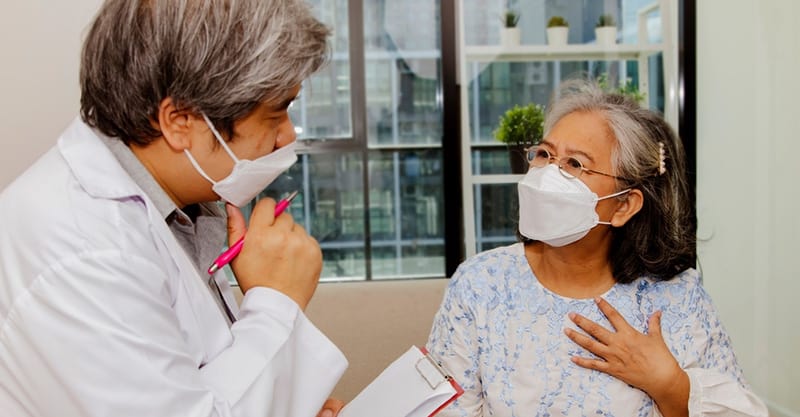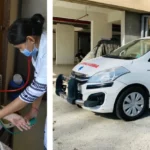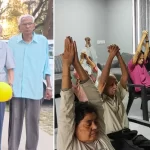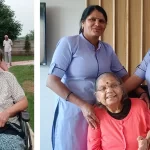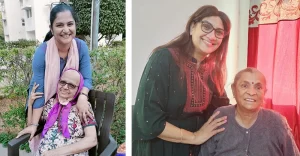Depression is associated with a higher risk of developing heart disease, leading to untimely death. However, depression is a significant facet that is a barrier to the capacity of older people to recover. Therefore, even if depression is not severe, you must be concerned about being evaluated and treated for an older adult. Signs of Depression in the elderly affect the seniors’ cognitive and physical capacities, quality of life, and overall health.
Elderly Depression Causes
Seniors are subject to major life transitions that can cause depression, despair, or anxiety. The following factors can increase the risk of depression among older adults:
- Chronic pain not adequately treated
- Increased demand for assistance with everyday chores
- Loss of income due to retirement
- Insomnia
- Solitude
- Lack of a supportive social network
Medical sickness also causes depression.
Examples as below
- Thyroid issues and related disease
- Cancer
- Alzheimer’s disease or dementia
- Heart Ailment or disease
- Stroke
Depression in Seniors: Symptoms and Signs
Some typical characteristics and elderly depression symptoms include:
- Sleep Deprivation or sleeping too much: Some people who are depressed may have trouble sleeping. They can have difficulty falling asleep or staying asleep. They may find themselves up late at night or waking up quite early in the morning.
- Insanity, frustration and mood swings: The most frequent signs of depression can be a shift in mood. Someone who is depressed might be unhappy or depressed for a prolonged period of time. They might also display an impression of “emptiness” or an inability to feel happiness or joy. Sometimes, this grief is called despair by some.
- Loss of interest in previously enjoyed hobbies and activities: Some older persons who are depressed may lose interest in hobbies and things they once enjoyed, such as sports, music, socialising, or sexual activity. They may turn down invitations or opportunities to participate in activities or socialize.
- Confusion and difficulty focusing and paying attention: It can be difficult for people who suffer from depression to get up early in the day. They may be weary and run down. Everyday tasks, such as going to the store or making meals, may appear onerous, and they lack the motivation to complete them. They may find themselves sleeping or resting at home for long periods. Depression-related fatigue can cause people to feel tired all day regardless of whether they can sleep well at night. People who suffer from depression, however, can have problems sleeping.
- Changes in eating habits, such as a loss of appetite or excessive eating: People who are depressed frequently lose their appetite and desire to eat. They may show little interest in eating or going without food for long periods. Weight loss is often apparent when this happens.
- Suicide or death thoughts: When a person is depressed, they may focus more on death and dying. They might also consider suicide and ways to end their lives. Suicidal behaviour is the term for these thoughts. There is a clear link between seniors contemplating suicide and those dealing with chronic medical illnesses or worries.
Ways Of Treating Elderly Depression
- Discuss their emotions
Solitude is the most significant contributor to depression among the elderly. Management of Depression among the elderly is to give your loved ones time and care that could be highly beneficial to them—engaging with them in creating an environment of support where they are happy spending time. Establish a routine that allows them to connect with them regularly.
- Take control of their nutrition
Loss of appetite is a common symptom of depression in older adults, and it can lead to significant weight loss, muscle wasting, exhaustion, and health problems. This is why you must assist in ensuring that they are adequately nourished. Prepare easy meals and snacks high in nutrition and calories that they can eat even if they don’t feel like it.
- Gently propose treatment options
It’s not rare for some older adults to resist seeking help for their melancholy, but you must introduce the notion to them in a kind manner.
The following are some of the most common and effective treatments for depression in older adults:
- Art therapy boosts cognitive function, increases self-expression, and facilitates constructive dialogue and human connection. Painting, pottery, and sculpting are just a few examples of soothing pursuits.
- Antidepressant medication is advised for depression in the elderly. Medication helps balance the brain’s chemicals that influence mood, resulting in an improvement in the symptoms of depression.
- Pet therapy is an effective treatment in the case of the elderly. It has been proven to be extremely helpful, particularly in the case of aging individuals. Regular contact with animals has been demonstrated in several studies to reduce depressive symptoms and even lower blood pressure.
Papaya Care Assisted Living Services provides the highest levels of senior and patient care in a friendly and personalized way, focusing on happy living curing depression among the elderly.

